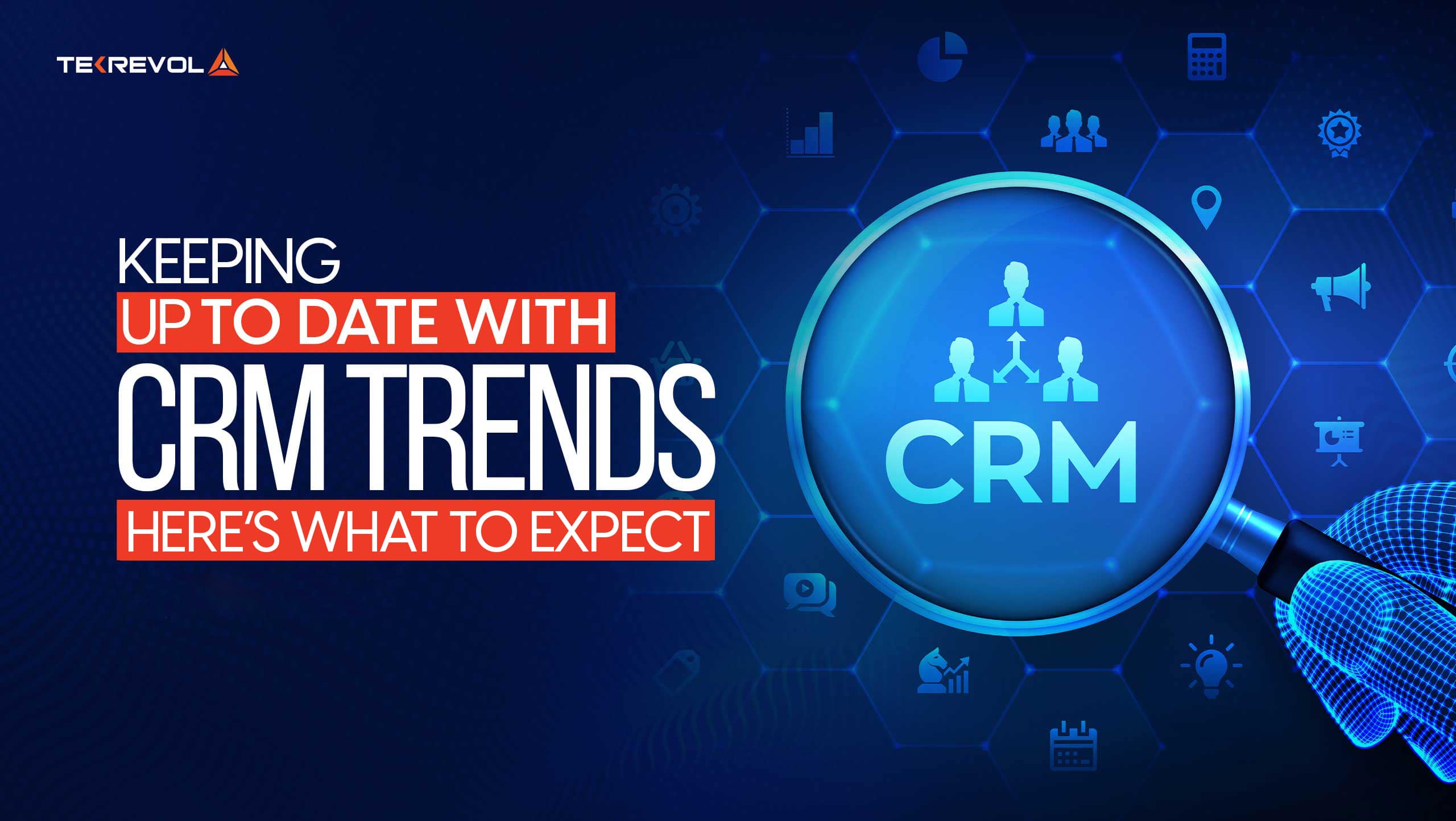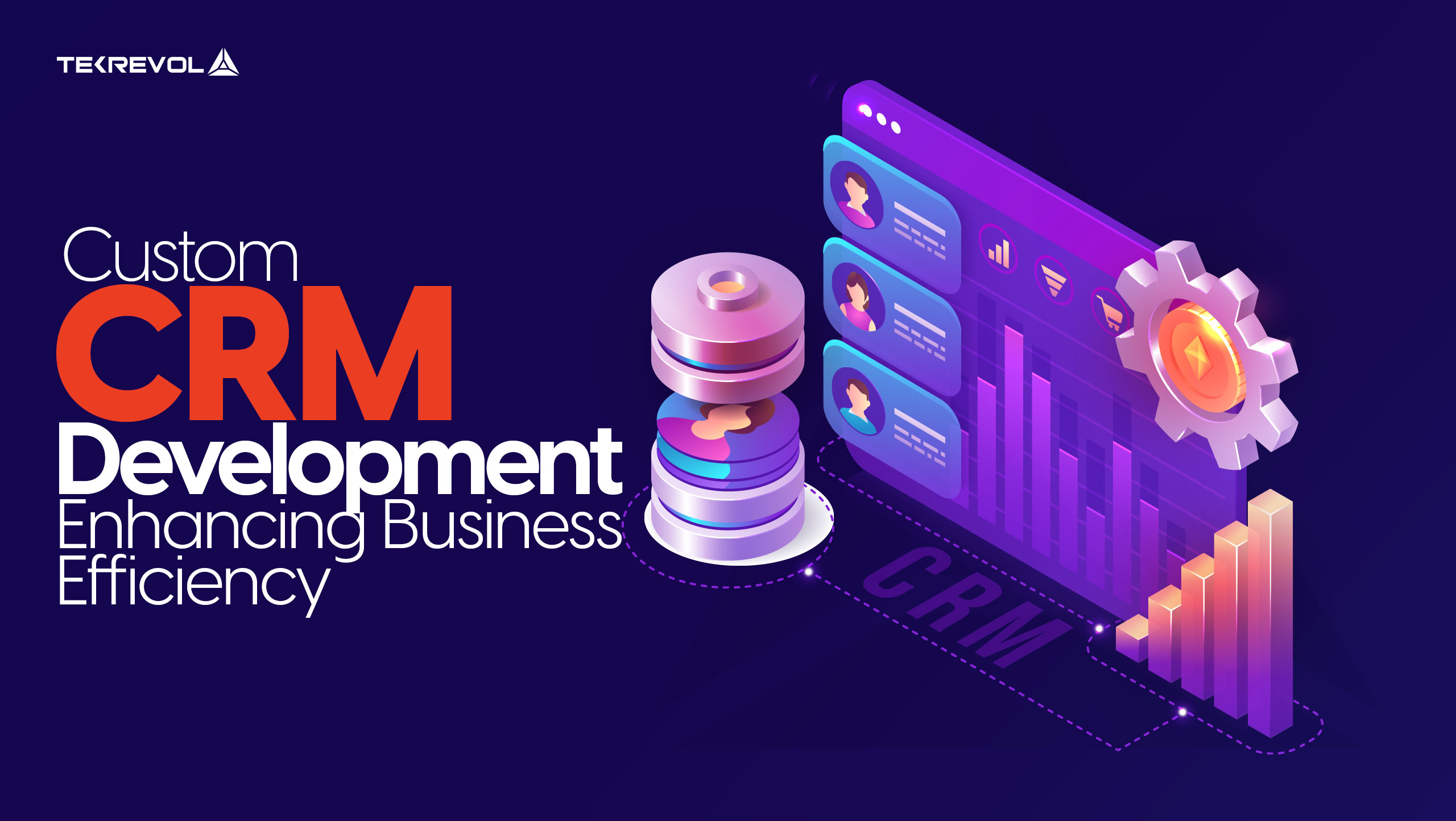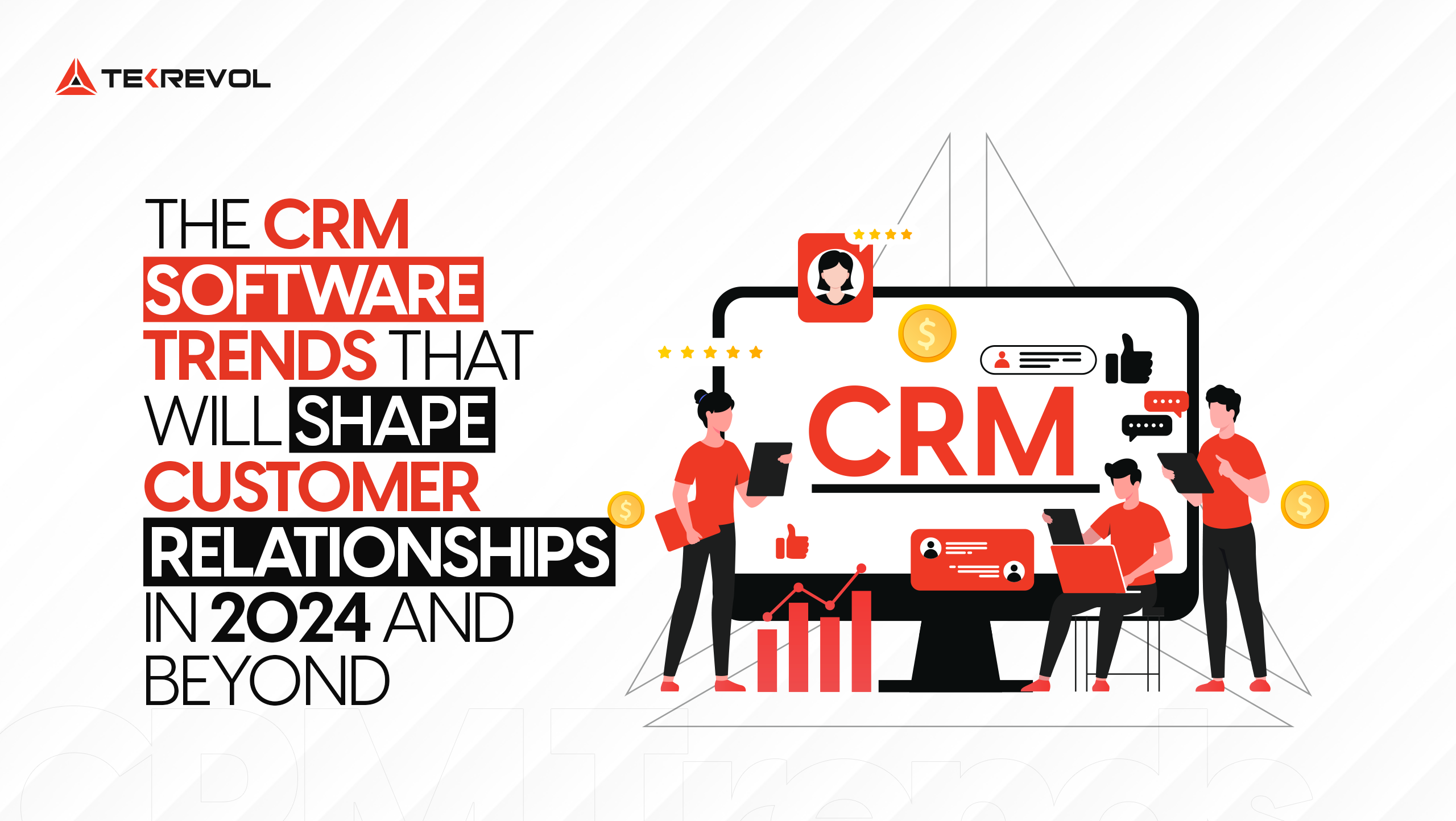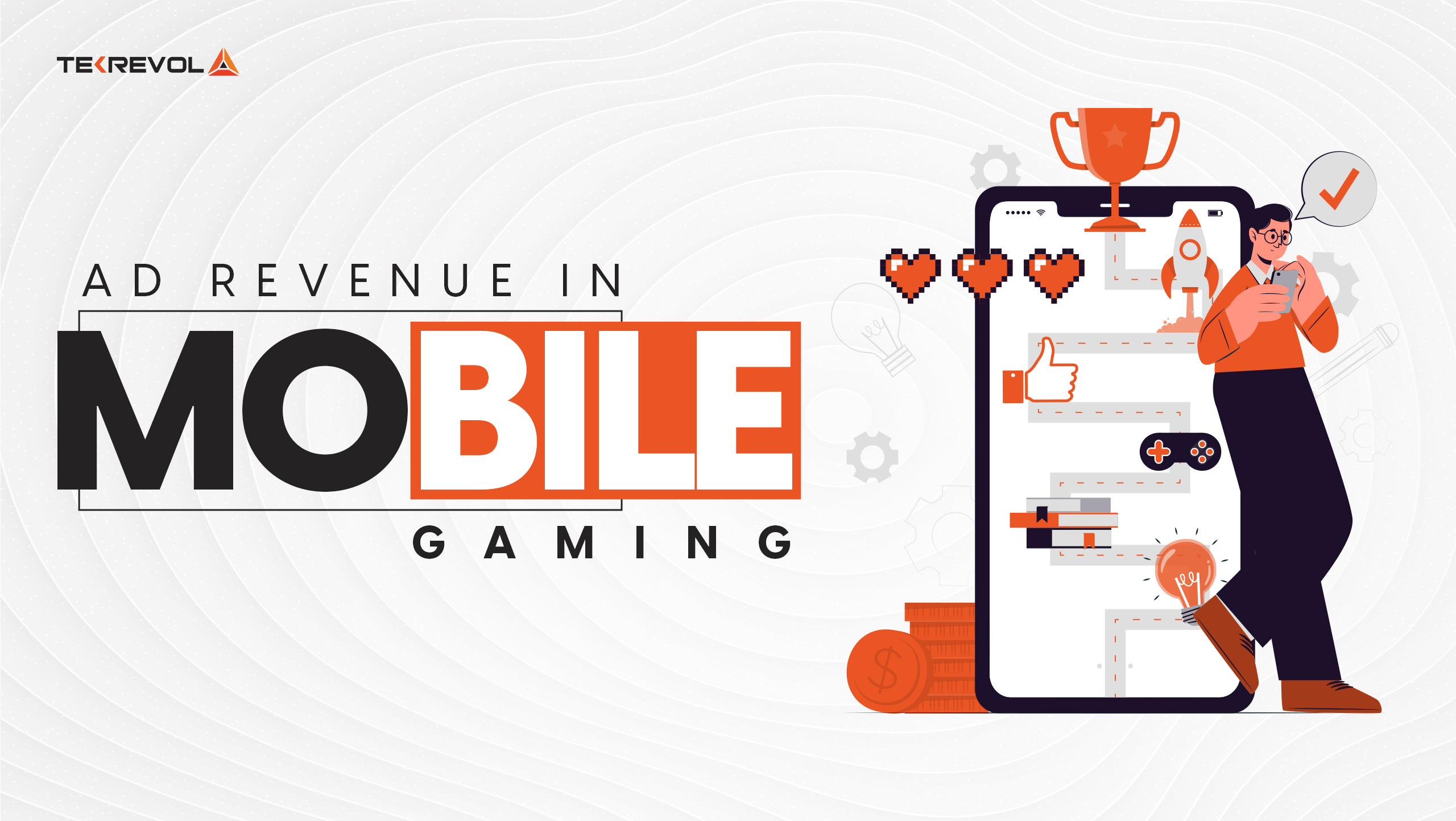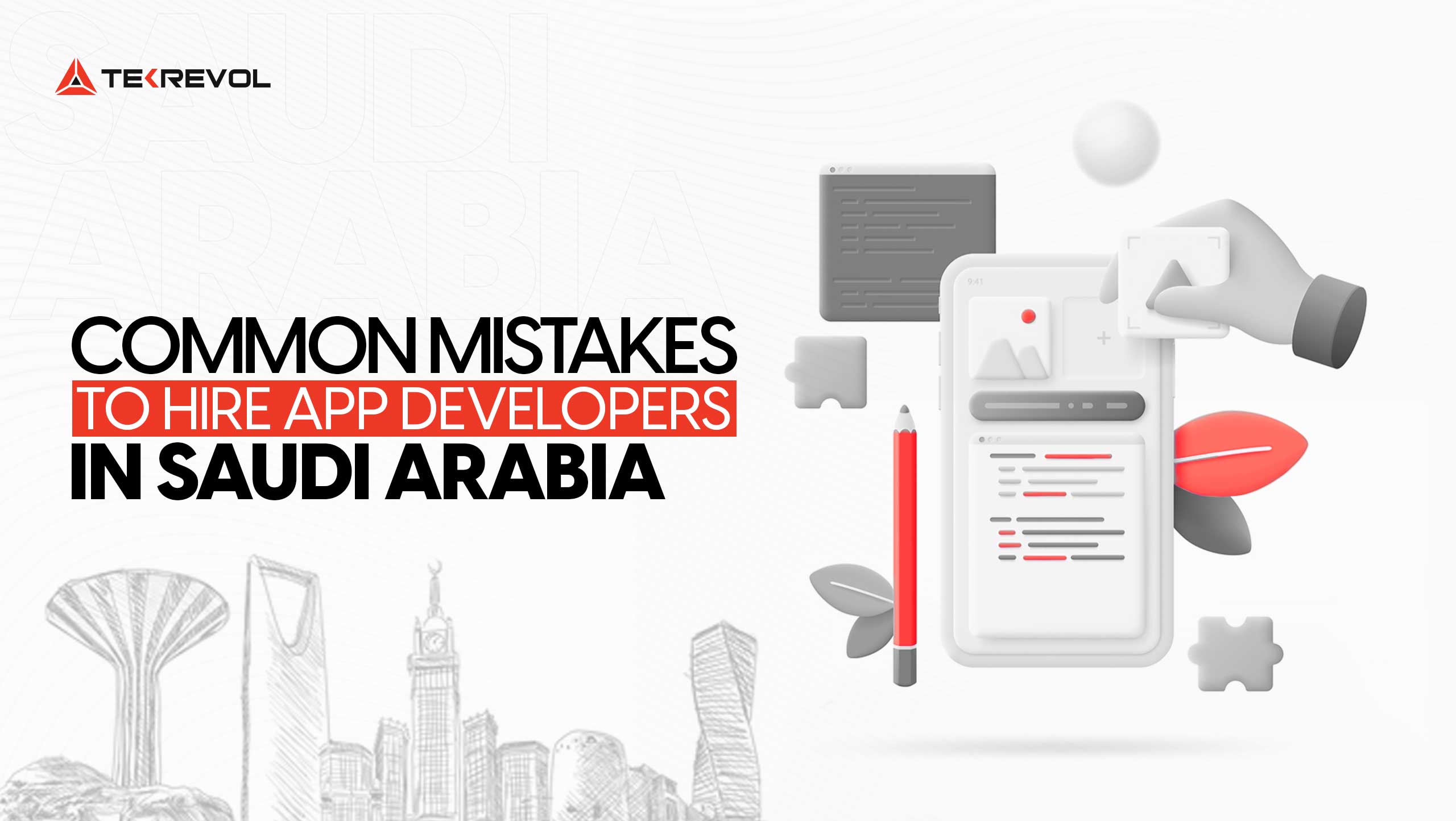The concept of Customer Relationship Management (CRM) has come a long way from mere management of customer contacts and monitoring of sales. Today, it is an advanced solution based on automation, artificial intelligence, and individual approaches to customers.In this blog, we will disss our research and knowledge of the key CRM trends that will influence your customer management plans in 2025 and beyond.
As the CRM industry becomes more competitive, businesses are constantly searching for fresh methods to give their clients the greatest experiences possible. Because the perfect CRM system covers everything from sales to data administration to every other task that sets the standard for a firm in the modern world.
Hence, the pressing issue appears to be how a business can successfully identify the trends that hold significant value among the plethora of new options. Working with a proficient CRM development company, however, will help you identify which of these innovations best suits the requirements of your business.
- Looking For Customized CRM Implementation?
- TekRevol offers customized CRM solutions designed to fit your unique business needs.
Future Trends of CRM Software
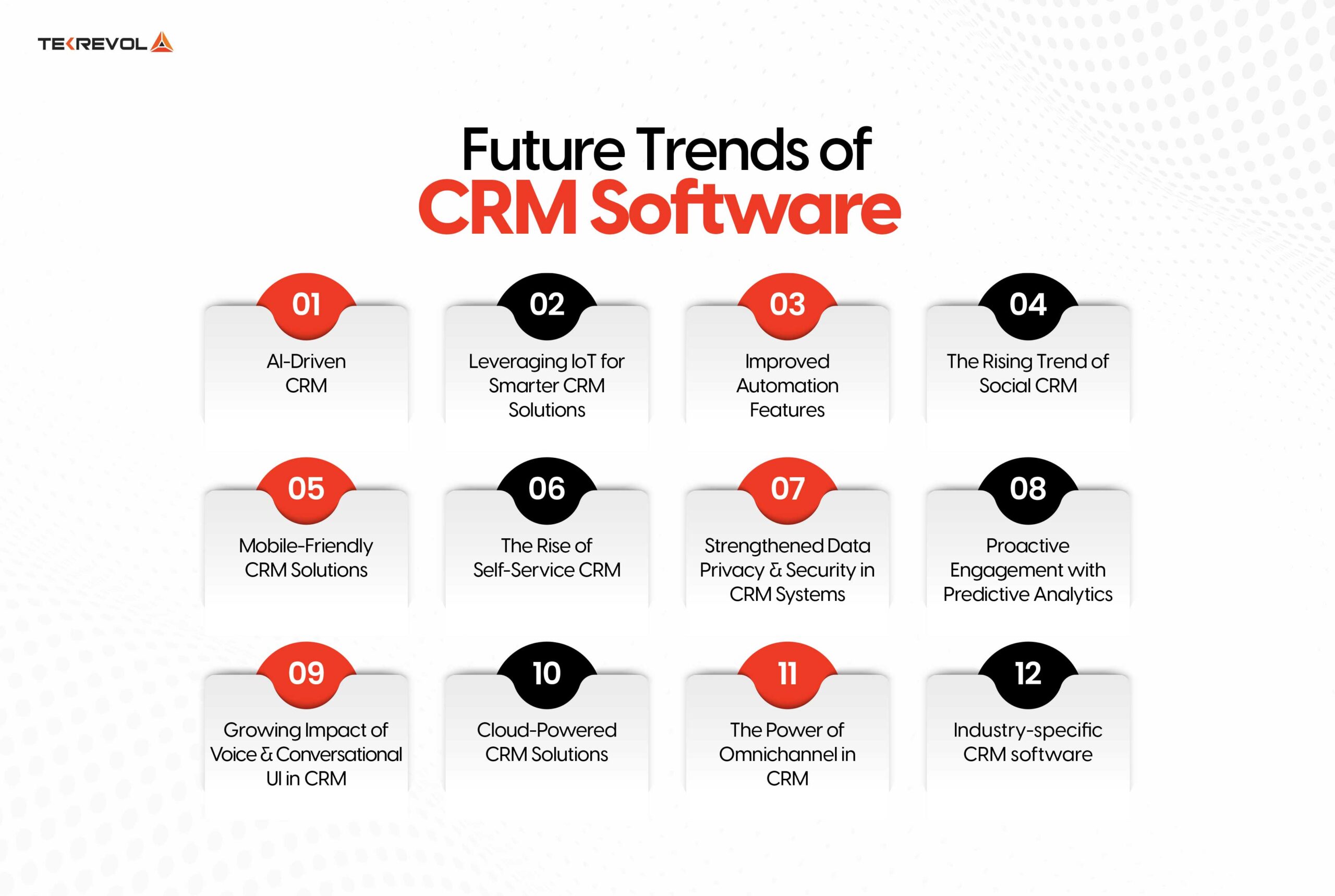
Looking ahead into the year 2025, CRM systems are becoming mainstream tools that can help companies manage their relationships with customers, contribute towards top-line growth, and inform managerial decisions.
Regardless of the size of your company, be it a new emerging business or a multinational corporation, it is vital for you to keep abreast of the emerging CRM trends. So have a look!
-
AI-Driven CRM
While AI is gradually influencing every industry, CRM software is not left behind in this regard. As Gartner predicted in 2019, the use of Machine Learning (ML) or AI is gradually becoming mainstream for CRM systems; 50% of CRM implementations will include it by 2025.
AI-powered CRM systems will enable clients to receive even more personalized information, product recommendations, and service solutions based on previous interactions and preferences.
AI provides users with better experiences, automates a lot of work, and presents personalized messages that make the customer relationship strong and help businesses to be on the right track with their marketing tactics. Here are some key ways companies are leveraging AI to enhance their CRM functionalities:
Enhancing Customer Relationships: AI is changing how organizations comprehend their clients and even engage with them. The key benefit of the AI-based CRMs is the ability to understand customers and their behaviors more profoundly. This helps businesses target customers and customize messages and relevant offers to be delivered to the customers hence increasing the chances of repurchase by the customers.
Task Automation: Another advantage of AI is that it helps to save time on routine activities. These tools include chatbots and email bots that reply to clients’ messages and schedule appointments besides tracking all possible customer interactions. Not only does it help to save time but also provides sales teams with valuable data to improve strategies and outcomes.
Personalized Experiences: AI takes personalization to the next level by sending automated messages that are designed according to customers’ shopping habits. When the customer buys some product or uses a certain service, the CRM can offer that customer some other similar products or services, making the shopping experience more interesting and useful. It is not only beneficial to the customer experience but also helps stimulate additional business and return patronage.
-
Leveraging IoT for Smarter CRM Solutions
In 2025, the IoT will remain a prominent force in CRMs, providing firms with fresh methods of engaging consumers. IoT is defined as the connection of billions of devices through the internet to gather and share information to enhance the use of various items in day-to-day life.
As more IoT devices are connecting with business management systems, organizations can now blend IoT data with CRM platforms. This integration enables businesses to more systematically coordinate customer interactions across various points of contact and channels. Currently, key vendors such as Salesforce, Microsoft, Dynamics, Creatio, and SugarCRM are actively designing IoT-CRM solutions to adapt to this trend.
Since the IoT market is estimated to experience high growth—currently valued at $ 618.37 billion in 2025 and expected to surpass $3.64 trillion by 2034, as reported by Precedence Research—the vendors are actively implementing IoT features to their CRM systems.
Therefore, as the Internet of Things is integrated into CRM in the following years, companies will be in a stronger position to provide effective and efficient interaction with their customers.
-
Improved Automation Features
Automated process management has always been built into the concept of business management software, and this trend will only grow inside CRM in 2025 and beyond. It enhances CRM capabilities to support the successful management of an increasingly diversified spectrum of contacts and team members.
Email newsletters, social media scheduling, and editorial calendars are all tools that enable employees of firms to work smarter. Here are five key benefits of automation in CRM:
Enhanced Productivity
When applications and processes are automated, work is done more quickly and with greater efficiency than when manual methods are employed. Effective implementation of real-time, automated determination, prediction, and quantification of elaborate data sets extracted from well as unstructured data increases efficiency and precision in planning processes.
For example, the finance sector has been efficient in the adoption of Robotic Process Automation (RPA) to develop bots that automatically prepare monthly management reports.
Cost Reduction
On average, the organizations that adopted intelligent automation saw a reduction in costs by 27% as stated by Deloitte. It makes managing resources easier while cutting down on overhead costs in the process which in turn helps businesses reinvest in growth.
Improved Accuracy
CRM systems also help in using data in structured and unstructured forms and eliminating the human interface where possible, thus reducing errors. This greater accuracy results in improved efficiency throughout operations.
Enhanced Customer Experience
In 2025, organizations that incorporate the use of AI technology will find it even easier to understand customers and be in a better position to address them, thereby producing better-quality goods and services in the process.
For instance, the asset management industry often uses bots to address clients’ first-level issues and provide price offers that would otherwise take an exceptionally short period.
-
The Rising Trend of Social CRM
Social CRM involves the synchronization of social media platforms with CRM systems where firms gain a complete picture of customer engagement and brand image. This makes it possible for organizations to be in a position to analyze what people are posting on social networks and hence gain better insight into the type of sentiments that their target audiences display.
Through social CRM, organizations can effectively address comments from customers as a way of creating and maintaining a healthy relationship with the customers. Also, it helps organizations collect useful feedback from users, which is important for the future course of action and guarantees that it will correspond to the client’s needs. The shift to social CRM is beneficial to organizations as it allows businesses to fit better into the lives of customers.
-
Mobile-Friendly CRM Solutions
Since the beginning of CRM, the main issue that developers faced was to convince sales professionals to use CRM tools, the main reasons for that were difficulty in the usage of the systems and very difficult setup processes.
However, it was found that only 43% of the salespeople had been using traditional CRM tools primarily due to these issues. However, this trend has been shifting gradually with more contemporary CRM solutions designed to be as intuitive as possible.
Modern CRM programs are simple to deploy and do not present the obstacles seen in the past, making them appealing to sales teams. Furthermore, mobile compatibility for a website has become a need rather than a mere add-on. CRMs that are mobile-compatible allow salespeople to access and edit them from any place, making them more flexible and productive no matter where they are.
-
The Rise of Self-Service CRM
CRM trends for 2025 indicate a strong preference for combining self-service portals with CRM software. Conventional business management systems were tedious, expensive, time-consuming, and frequently required extensive technical and infrastructure inputs for installation and maintenance. Self-service CRMs are reversing this trend, with user-friendly interfaces that need little or no programming.
This increased availability makes self-service CRMs cheaper and more cost-effective to implement for small businesses. Most of these solutions are cloud-based, which makes their deployment smooth and enables seamless growth connected to business evolution.
By utilizing such efficient CRMs, corporations are capable of increasing productivity, thus cutting costs and ultimately facilitating their expansion in a highly saturated business environment.
-
Strengthened Data Privacy and Security in CRM Systems
With the growing integration of digital data into CRM tactics, protecting that information is more crucial than ever. Organizations are now opting for CRM solutions that not only meet the legal requirements of regulations such as the GDPR but also provide a higher level of security for consumers’ information.
A CRM system with improved data security could employ the use of end-to-end encryption, which guarantees that all data relating to personal and transactions are not compromised. It could also consist of role-based access segregation whereby only those who are privileged can see or tamper with customer information and audit trails that record any form of interaction with the data. It helps avoid violation of privacy acts such as GDPR and CCPA as well as build customer trust due to the protection of their data.
-
Proactive Engagement with Predictive Analytics
Analytical CRM is evolving how organizations interact with customers by not only considering current behaviors but also future ones. Based on past CRM records, it can predict client preferences and supply related items or services to the consumer even before realizing the need.
A CRM system that uses predictive analytics might examine an individual customer’s purchasing history and interactions. For example, if a customer intends to buy a new phone every 18 months, the CRM can send a purchase reminder 2-3 weeks before the expected buying time. Such a strategy is proactive in that it sends a relevant and timely message to the customer, boosting the likelihood of conversion.
-
Growing Impact of Voice and Conversational UI in CRM
Technology interaction is rapidly changing, and enterprises are always on the lookout for new approaches to improve the UX. In the last few years, devices such as Siri and Alexa have come into focus and are replacing traditional ways of controlling the devices.
Being one of the growing CRM trends, voice and conversational UI are gradually being integrated into business management software. These features enable users to communicate with the existing CRMs in natural language, making the work with these systems even more convenient compared to the traditional ones. In addition to convenience, voice and conversational interfaces are popular as they provide the audience with a deeper sense of interactivity with the tool.
With ever-growing competition in every organizational sector, voice and conversational UI are finding their relevance in organizations to enhance their customer relation services. Such solutions not only streamline procedures but also enhance a business’s interaction with customers by providing personalized solutions.
-
Cloud-Powered CRM Solutions
Cloud-based solutions are currently the most popular trend and will continue to dominate the business in 2025. Customers are drawn to these systems because of their unparalleled openness and flexibility in making CRM data readily available internationally.
Another significant advantage of cloud-based CRM solutions is that they have disaster recovery plans. Data is backed up automatically, so there is less risk of loss in the event of a mishap. However, cloud-based CRMs have more particular advantages, including update automation, decreased infrastructure costs, and cross-team cooperation.
With the increased adoption of cloud solutions across industries, these new-age CRM applications are redefining the foundational parameters of reliability, security, and adaptability in customer relationship management.
-
Maximizing ROI with CRM Integration
Integrate CRM with specific companies’ software is an organizational game-changer for organizations that want to maximize their ROI. A genuine adaptation of CRM may enhance workflows, update data security, and collaborate with teams.
By integrating CRM with the marketing team, organizations can get a full satisfying customer feedback. Proper CRM integration allows organizations to reduce operation costs, improve sales effectiveness, and drive higher revenue growth.
-
The Power of Omnichannel in CRM
Customers today want a consistent experience regardless of their channel, whether it’s social media, a smartphone app, or personal interaction. Using CRM solutions allows you to maintain a consistent customer journey regardless of the channel the consumer interacts through.
By keeping client data and updating CRM regularly, it is feasible to give customers a uniform and closely related experience. Such a method ensures that when you send emails with the customer’s shopping history or make recommendations, their experience with your brand is consistent and relevant.
-
Industry-specific CRM software
Every organization or industry is unique, but most have comparable procedures. For example, both manufacturing and construction companies want leads and customer engagement tools, but sales teams frequently demand customized solutions for their processes. This has resulted in a crucial CRM trend: applications tailored to the needs of a single industry.
CRM systems are being used in a variety of industries, including healthcare, banking, and manufacturing, to capture workflow, regulations, and compliance requirements. Industry-specific apps enable more natural integration of special functionality into existing software, hence increasing productivity.
Corporations that adopt CRM software that targets their respective industry can gain increased organizational efficiency, rigorous compliance with the sector’s regulations and norms, and improved performance levels, giving them a competitive advantage in their field.
Why CRM is Important?
CRM is a crucial aspect in enhancing the bond that exists between your organization and its clientele. While marketing generates newer leads, CRM helps in retaining them, thus boosting sales & revenues. Customers can freely promote your brand, write positive comments, and share the information on their social media accounts, all without requiring your interference.
Effective CRM tools manage customer information in a central location thus enable to understand them better. This enables you to come up with better decisions based on information that is to customer satisfaction, thus making them keep coming for more, increasing both loyalty and sales.
CRM as Technology: Also known as cloud-based CRMs, companies compile and analyze customer information. Through this data, organizations can improve their interactions and, at the same time, market their products and make available those that may meet consumers’ needs and wants.
CRM as a Strategy: Most organizations have a customer relations policy that guides how their employees should handle customers. This strategic approach is based on the establishment of good rapport between the brand and the public or consumers.
CRM as a Process: Businesses offer training programs that teach staff members how to interact with clients and guide them through the purchasing process.
Why Businesses Should Invest in CRM Software?
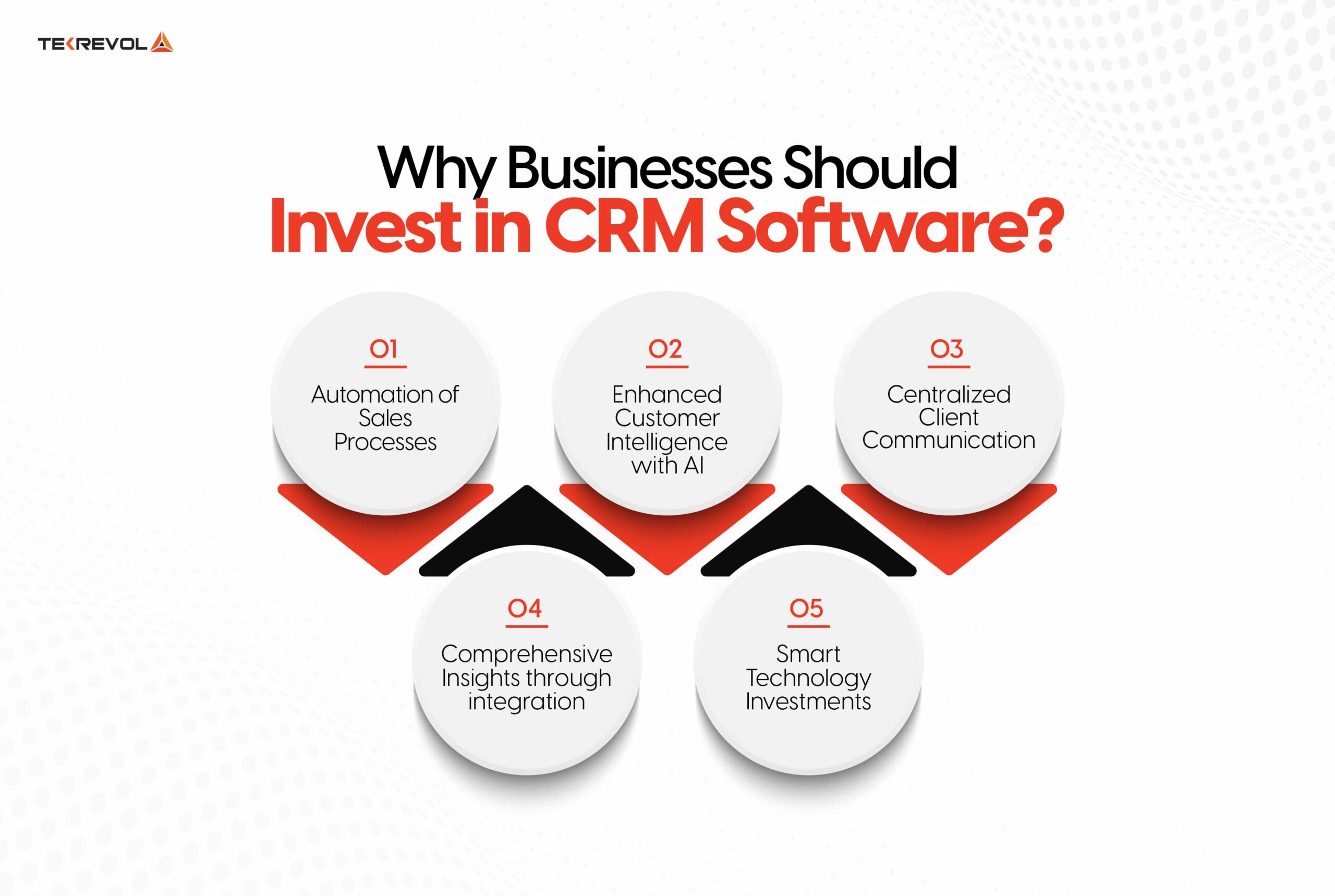
Within the realm of digital marketing, CRM software is expanding at the fastest rate, and for good cause. Numerous studies have been conducted to demonstrate how CRM systems help different types of businesses achieve their development objectives. Here are several reasons why a CRM system is a worthwhile investment:
Automation of Sales Processes: Another common complaint that sales teams have is that they are overwhelmed with administrative work. These will be facilitated by the CRM software to ensure that business entities have acceptable visibility of the sale pipelines and day-to-day activities. This automation not only saves time but also does not allow for the missed follow-up that sometimes can occur with manual input.
Enhanced Customer Intelligence with AI: The inclusion of AI in CRM systems is changing how organizations perceive customers. AI can assess the information that a client provides, understand its likes and dislikes, as well as observe drawbacks, which would ultimately lead to better strategies for attracting consumers. This makes it easier for the organization to make judgments and also helps in creating a good relationship with its customers.
Centralized Client Communication: CRM enables businesses to compile all communications with clients onto a single platform. With the help of this tool, teams may use pre-made email templates, maintain track of their interaction with clients, and link email and other communication platforms to have complete access to a client’s communication. Because all divisions within the company interact through a central point, communication becomes more efficient as a result.
Comprehensive Insights through Integration: Today’s CRM platforms have sophisticated connection tools that allow firms to integrate multiple systems. For example, email marketing software can be linked to a website, allowing you to instantly see the extent of consumer involvement. It also improves customer behavior understanding and makes various operations more personal.
Smart Technology Investments: In the modern world where innovation is the key to success, it is important to choose the right CRM solution. As CRM solutions are numerous, choosing the application that contributes to productivity and service quality improvement is critical. An effective CRM system that is implemented must not only respond to the current needs of the business but should also be appropriate for the organization as it expands.
How CRM Maximizes Customer Retention and Loyalty
Retaining customers is one of the main objectives of the company’s growth, for which CRM is officially integrated. Businesses can provide timely solutions by analyzing customer data and monitoring their behavior and needs.
CRM also help startups to track their customer’s interaction and deliver the best results. This helps them to stay ahead in the market with a CRM-driven assignment.
The Bottom Line
Even as we look forward to the year 2025, it is clear that CRM systems are quickly becoming more developed, due to the influence of AI, data security, customer-centric technologies, and more.
These trends embody the vision of the future of CRM, where technology is used not only to manage interactions but to predict, enable, and build sustaining customer commitment. These changes should be closely monitored and managed in a timely manner to strengthen a company’s competitive position and constantly improve the value of its operations and customer experiences.
A company that employs a CRM platform capable of seamlessly connecting with other software, providing valuable insights, and streamlining workflows will be poised for future success.
If you’re ready to elevate your operations, consider partnering with a CRM development company to optimize your CRM performance with an advanced suite of business modules.
- Ready to Upgrade Your CRM?
- Our experts will offer personalized consultations to assess your CRM setup and suggest improvements to enhance your investment.

